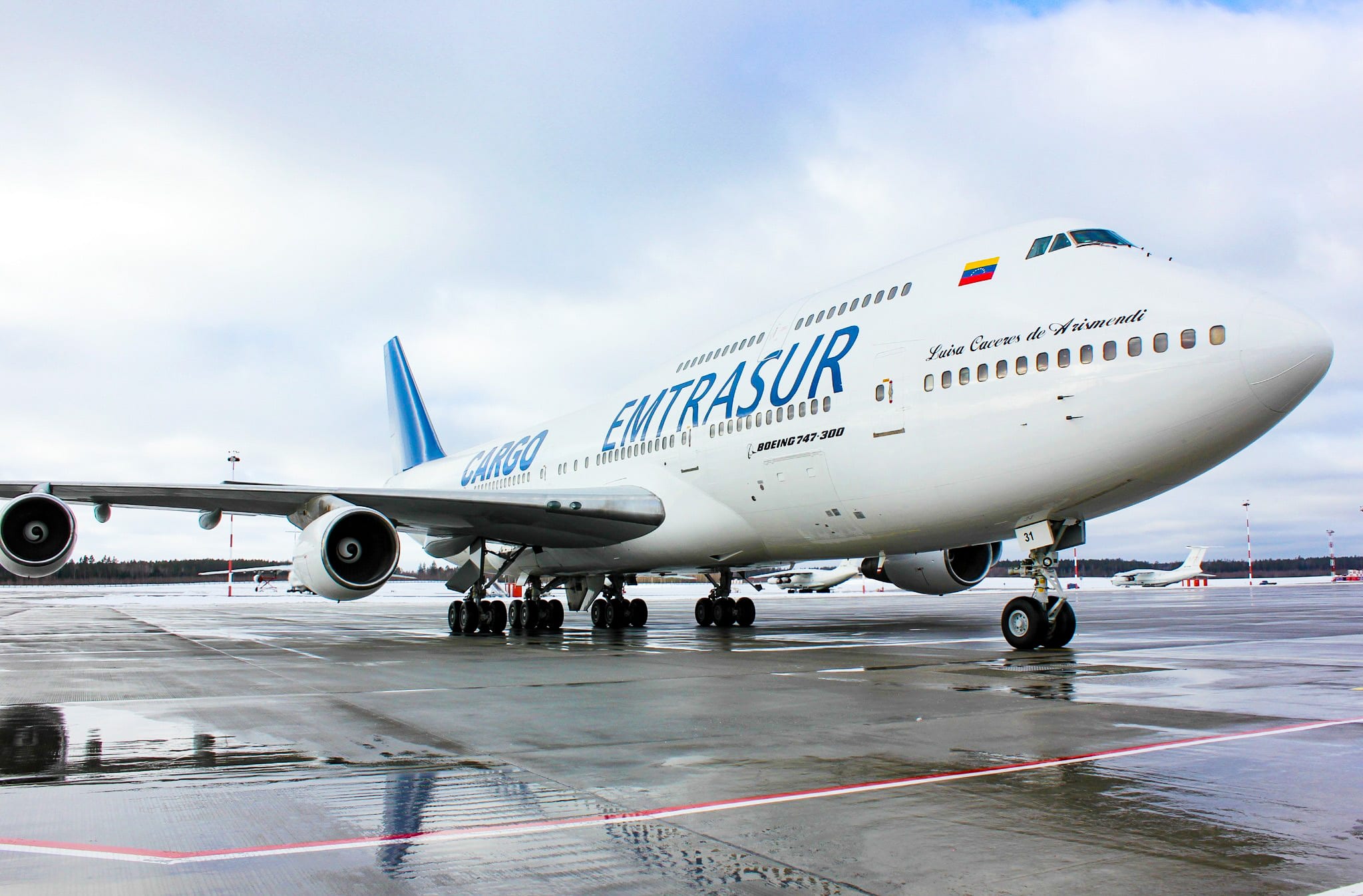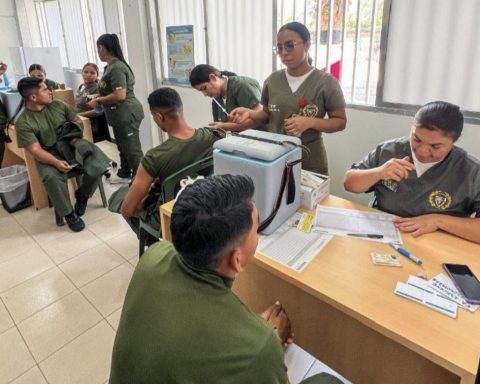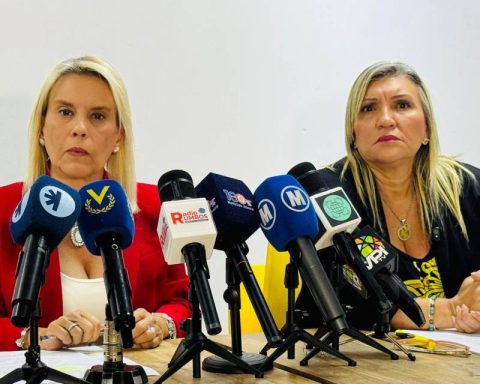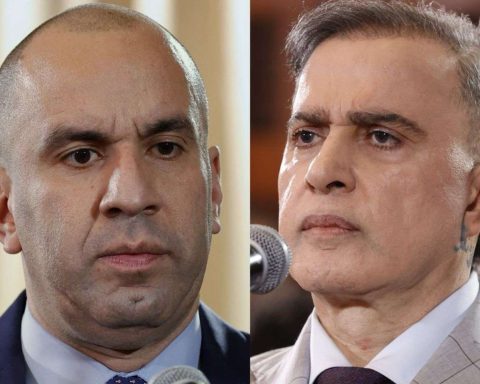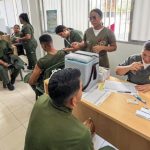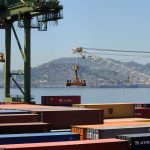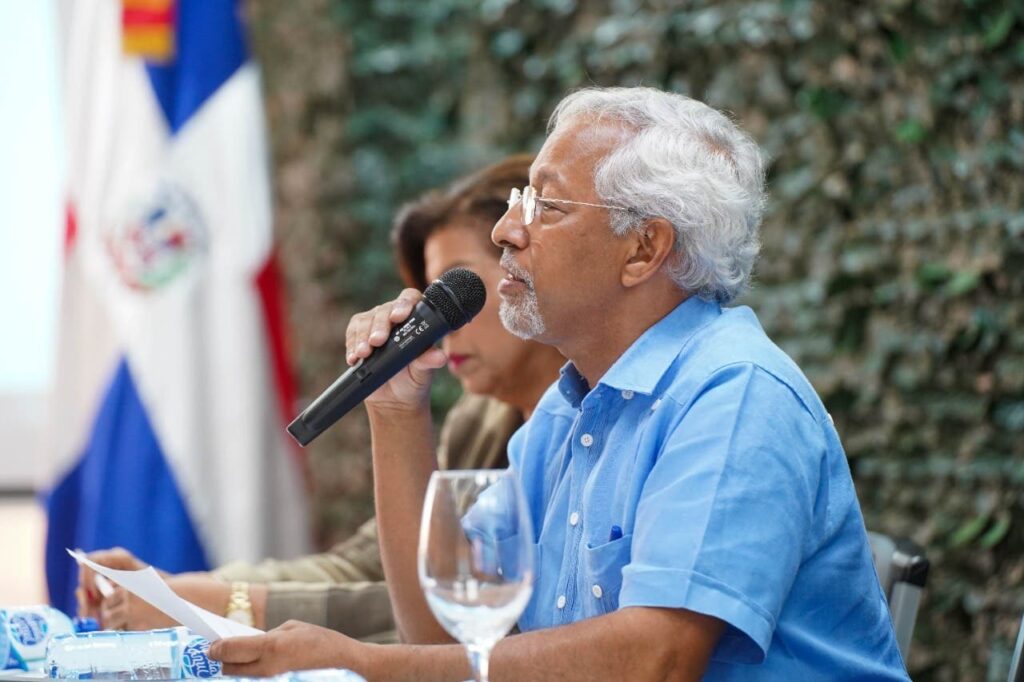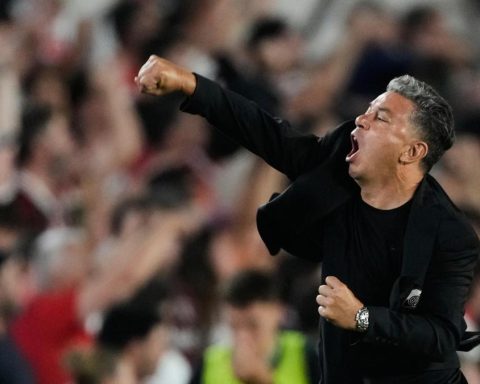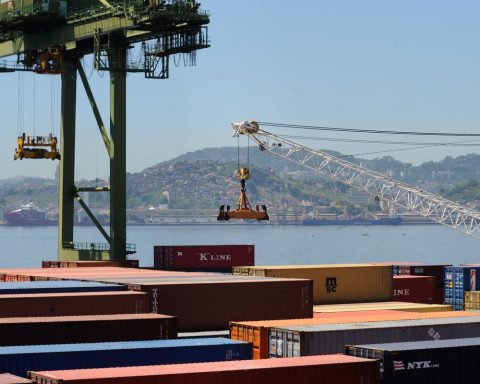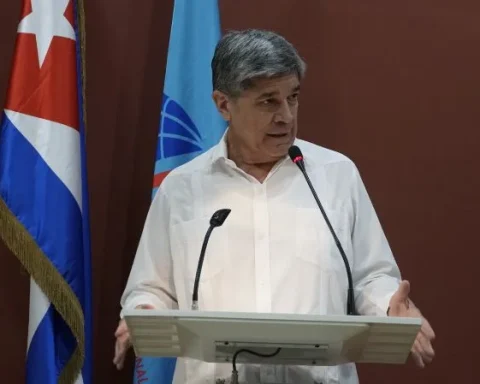The federal judge of Lomas de Zamora, Argentina, Federico Villena, granted the United States request to seize the Emtrasur Jumbo plane that entered Argentina on June 6.
The ruling implies a ratification of the US blockade on the aircraft, within the framework of the mutual legal assistance treaty between the two countries.
The decision was made after prosecutor Cecilia Incardona endorsed the request of the United States Department of Justice, which claims the hijacking and subsequent seizure of the plane.
The definition of the Argentine Justice in favor of Washington occurs in the midst of harsh questioning by officials of the Venezuelan government to Argentina. As happens with extraditions, beyond the judicial resolution, the history of the plane will have a new chapter: the last word will have the Casa Rosada.
Although the details of the resolution are confidential, in accordance with the requirements of the treaty with the United States, sources in the case assured Page 12 that the plane will be seized at the joint disposition between the local Justice and that of Columbia. The magistrate had to resolve whether the requirements of the treaty signed in a timely manner between the two countries were met, for which he granted the request for seizure.
The United States Ministry of Justice determined – based on the judicial order issued on July 19 by the Court of the District of Columbia – that the Venezuelan-flagged plane can be confiscated due to violations of its export control regulations. These regulations establish that the US Department of Commerce has the power to apply sanctions and blockades to all unauthorized activity. In this case, the aircraft was originally produced on US soil, then sold to Air France, and later to Iran’s Mahan Air airline. Since 2008, there has been a US government ban on the Iranian company for transactions related to its exports, due to alleged links with terrorist groups. Within this blockade is the plane that currently remains in Buenos Aires, after being bought by Conviasa, the Venezuelan state company.
In accordance with Law 24,034 of 1991, Argentina and the United States signed the mutual assistance treaty that implies, in fact, collaboration in judicial matters between the two states. It is in this context that the US government demands that the Argentine make the order to confiscate the aircraft effective. The Argentine Government accepted the request and forwarded it to the Justice. According to sources in the file, the Government could have delayed the request to the Justice or could not have sent it, but it did so that guarantee is one of the reasons that Venezuela criticizes the Executive.
The crime invoked by the United States is re-exportation, that is, a violation of non-existent laws for Argentine regulations, the judge can abide by it protected by the treaty.
The resolution, however, does not affect the procedural situation of the crew members of the plane who are still awaiting the definition of the Argentine Justice, in the framework of the case that investigates whether the crew “was linked to some type of activity or terrorist group or well if they flew over and landed in our country for some criminal purpose, “according to the prosecution.
This Wednesday, the president of the National Assembly of Venezuela, Pedro Carreño, demanded that the Argentine government return the aircraft and release the crew, considering that the investigation was nothing more than a “false positive.” These criticisms caused the Attorney General of the Nation (PGN), temporarily headed by Eduardo Casal, to send a note to the Argentine Foreign Ministry to express its “deep institutional concern.” The text bears the signature of the head of the Secretariat for Institutional Coordination of the PGN, Juan Manuel Olima Espel, and was addressed to the Foreign Relations Secretary of the Foreign Ministry, Pablo Tettamanti.
